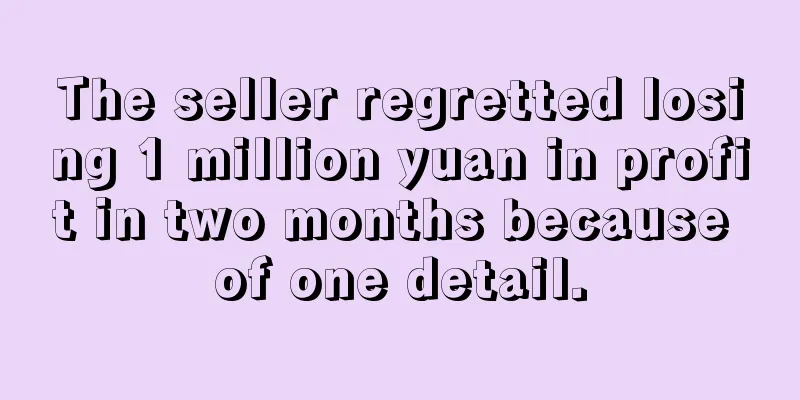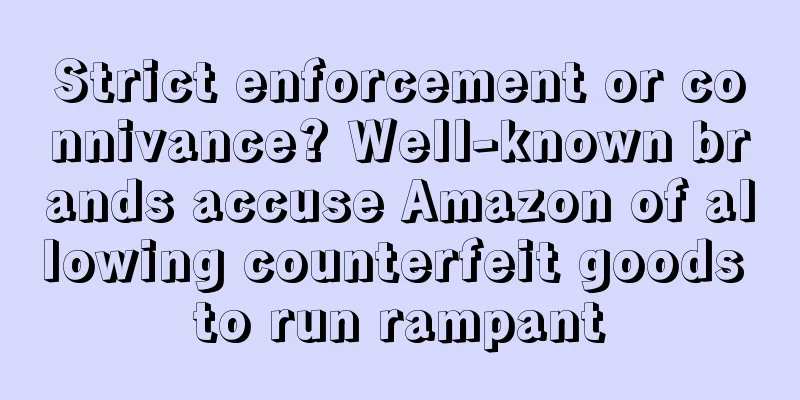Further improving Japan's e-commerce law and strengthening government supervision are key

|
Japanese lawmakers who oversee the ruling party's competition policy said they believe the country's policymakers must keep the option of tightening regulation of tech giants if an e-commerce law introduced this month fails to work as expected .
On Feb. 1, Japan expanded its scrutiny of antitrust activities by big tech companies with legislation requiring disclosure of information such as contract terms with business partners, how search rankings work and reasons for suspending or rejecting suppliers.
The law gives companies wiggle room on how much information they submit , as authorities in Europe , Australia and elsewhere worry about the power of global e-commerce and social media companies, which have significant market dominance.
"If this joint regulatory approach is not enough, we have to go further and create rules," Tatsuya Ito, a lawmaker from the ruling Liberal Democratic Party, told Reuters in an interview on Wednesday.
He argued that the law was "mild" and said policymakers must assess how it works before taking any further steps or expanding its scope.
In 2019, Japan's e-commerce market was worth 19 trillion yen ($180 billion) , and data from App Annie showed that Apple's App Store market reached $20.2 billion in 2020.
Amazon.com Inc and Rakuten Inc were the largest e-commerce operators in 2018, while the app store market was divided between Apple Inc and Alphabet Inc’s Google , a 2019 report by the Japan Fair Trade Commission ( JFTC) showed.
Under the new law, operators of shopping websites and app stores in Japan with annual revenues exceeding 300 billion yen and 200 billion yen respectively must submit annual reports to the Ministry of Economy, Trade and Industry .
The ministry can issue improvement orders if operators do not follow its recommendations, and can refer operators to the JFTC if antitrust activity is suspected .
Critics , however, say the law lacks the force of enforcement compared with a planned EU law, under which regulators can impose fines or even break up companies. Japan government Electronic Commerce Law |
>>: Export value exceeds 80 billion US dollars, China's home appliance industry is still popular
Recommend
Short videos are popular for selling goods: TikTok’s US shopping cart is here!
Recently, the editor learned from relevant channe...
Alibaba International Station released the June cross-border index: the world is camping exquisitely, and the overseas demand for outdoor power supplies has increased significantly
Recently, Alibaba International Station released ...
What is bloomingltd? bloomingltd Review, Features
bloomingltd is a hong kong based manufacturing and...
What is Paxum? Paxum Review, Features
<span data-docs-delta="[[20,{"gallery"...
Cainiao International Express continues to accelerate as it deepens cooperation with Saudi Freight in the European and Middle Eastern markets
Recently, the Munich International Logistics Fair...
Net profit plummeted by 1,700%, and 3C sales performance "changed"!
2022 has passed, and the big sellers have release...
What is Baian? Baian Review, Features
Baian is an international payment gateway and e-c...
Sellers receive 50,000 orders per day! Anker and SHEIN are both planning to enter this blue ocean market
With the booming development of e-commerce, Chine...
The stock was suspended after it was launched and sold well
Some people used to say that it was a rising star...
Shopee×"GoGlobal" and U-Chuang jointly issued a recruitment order for overseas expansion!
According to data from the General Administration...
Shocked! An Amazon seller paid for a 3,000-word one-star bad review!
Most Amazon sellers know that it is difficult to ...
After 10 years of cross-border business trials and tribulations, how will service providers continue to write stories at the brand inflection point?
Since last year, the cross-border e-commerce indu...
The opportunity is here? Amazon Chinese sellers are favored by multinational capital
Brand aggregation, also known as "roll-up,&q...
What is Maven clinic? Maven clinic Review, Features
Maven Clinic is an American women's video con...
What is Giveaway? Giveaway Review, Features
Giveaway is also called Amazon lucky draw, which ...









